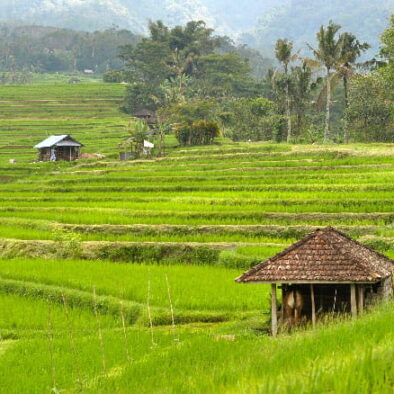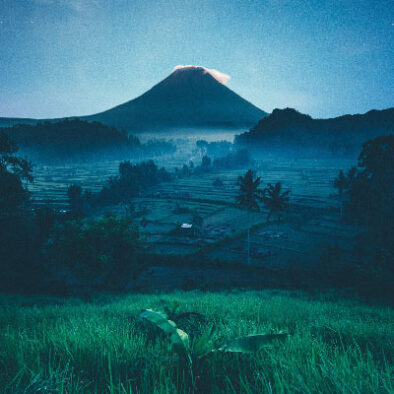UBUD VILLAGE
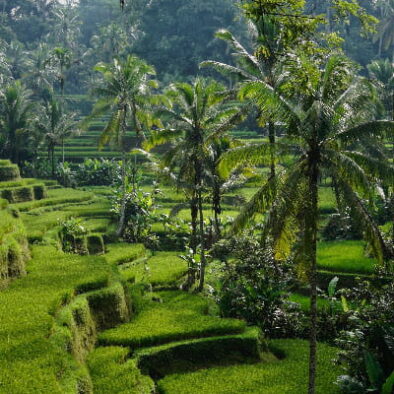
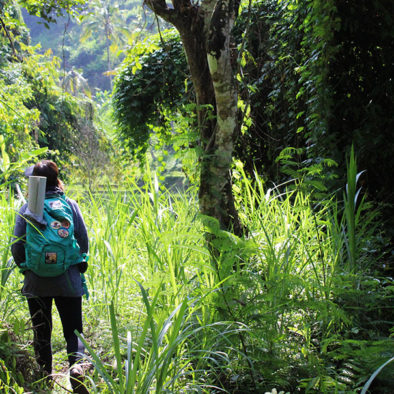
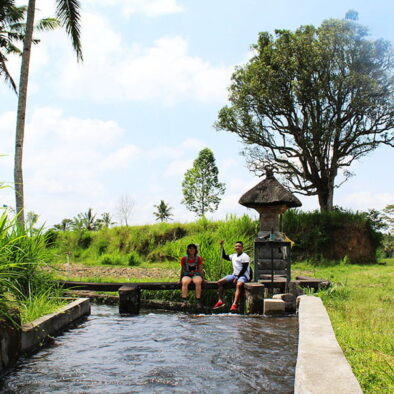
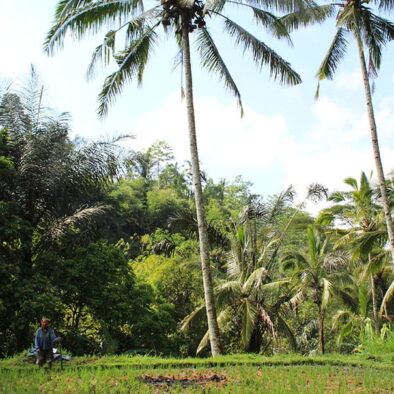
UBUD VILLAGE
UNESCO DESIGNATION
HOME TO
75,000 people
VISITED BY
3 million tourists every year
FAMOUS FOR
arts and culture scene



Ubud gets its name from the Balinese word ubad, meaning “medicine”. It was originally an important source of medicinal herbs and plants, and is still today seen as a refuge for people seeking physical, mental or spiritual healing. Ubud is also well-known for its cultural scene of art and dance, and the town has become one of Bali’s biggest attractions for tourists.
Ubud’s art scene began to flourish under the Balinese kings of Gianyar in the nineteenth century, but the catalyst for its international fame was being discovered by German painter Walter Spies in the 1920s. This eventually led to Bali’s tourist boom in the 1960s and Ubud becoming more and more developed. More recently, Ubud’s feature in the novel and film Eat, Pray, Love has led to many Westerners visiting the town in search of personal growth.
Ubud’s popularity as a destination for international travellers has brought more wealth into the local economy, but with it has come motored vehicles, buildings, designer clothing brands and a congested landscape of development which would be unrecognisable to somebody living in the village 50 years ago.
However, surrounding the increasingly modern town remains the rice field culture of Bali’s history, with its UNESCO subak irrigation system, craft temples and farmer lifestyle. This “real Bali” can still be explored today.


